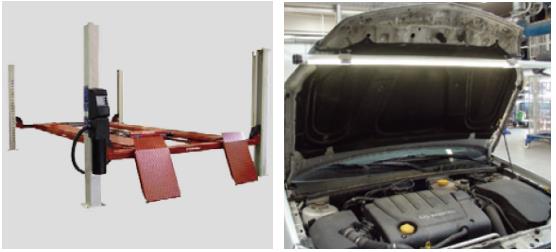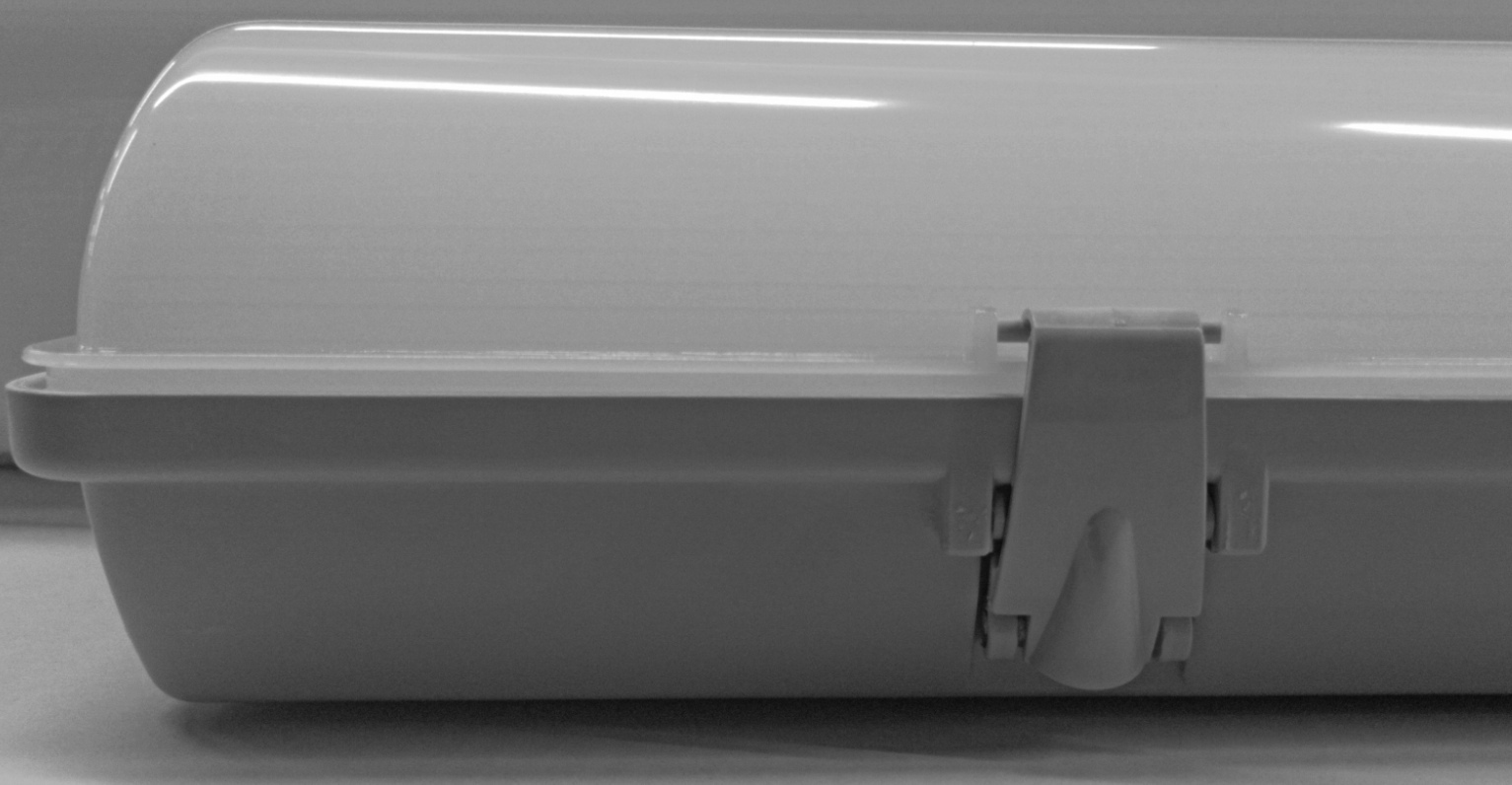Your guide to a better future
Home batteries can make your solar roof a much better investment. Power Inverter For Home Backup

Brian Cooley is CNET's Editor at large and has been with the brand since 1995. He currently focuses on electrification of transportation as host of CNET's Electrified series but also follows the big trends in smart home, digital healthcare, the future of food, and augmented and virtual realities. Cooley is a sought after presenter by brands and their agencies when they want to understand how consumers react to new technologies. He was born and raised in Silicon Valley when Apple's campus was mostly apricots.
This story is part of Plugged In , CNET's hub for all things EV and the future of electrified mobility. From vehicle reviews to helpful hints and the latest industry news, we've got you covered.
Home battery storage is moving from an exotic feature of the homes of the wealthy to a more mainstream option for any home with solar panels, incentivized by a new 30% federal tax credit. But If you think of batteries primarily as a backup technology, you're missing the main way to justify their cost: saving money on energy every day.
The new garage occupant: Home batteries can be installed indoors or out, but many will install in their garage alongside their car-charging connector.
ZDNet's recent roundup of the best home battery systems inspired me to visit a home battery installation in the San Francisco Bay Area where a Generac PWRcell system was being mounted inside the garage by Northern California installer Rob Heckendorn of Future Energy Savers. The system was fed by the home's existing rooftop solar panels , something you can't do with Tesla Powerwall home batteries, which must be combined with its specific solar roof tech.
The Generac system is modular, allowing the homeowner to add batteries in 3kWh increments up to 18kWh in a single battery cabinet housing. In this case, they chose three modules for a total of 12kWh of capacity, a number Heckedorn says is as close to an average as he sees and enough power to run three or four of the home's dozen circuits for a few days.
Read more: Do Solar Panels Save Money? Yes. Here's How
But thinking of batteries in terms of blackout coverage creates a blind spot: Yes, the US may have more power outages than other developed countries, but they remain rare. A better priority is to spec your battery system for "rate arbitrage" to save money and be more green every day.
The idea is simple: Store excess free energy from your rooftop in your batteries rather than selling it back to a utility that doesn't like the idea and offers a pittance. Instead, use that stored energy later in the day during peak times to avoid the highest electricity rates while also doing your part to take strain off the grid. It's the missing piece that makes residential rooftop solar a more comprehensive proposition.
Some of that elegance will depend on you having a large enough solar system to charge your batteries at a healthy clip, living in a home that has plenty of sun and being a customer of a utility that forces your hand with controversial time-of-use electricity rates.
Read more: Best Solar Companies of 2022
Saving money on energy every day is important because home battery storage isn't cheap. As a rule of thumb expect a typical home battery install to cost about as much as a full-size solar install, perhaps $20,000 to $25,000. Calculating the earn-back on that via daily savings is complicated, so your home battery decision has to be based on your rough daily savings math, belief in the salesperson's more optimistic math and whatever value you place on having some power in a blackout. It may not be as straight a calculation as the earn-back on rooftop solar, but helping your decision should be a new 30% federal tax credit passed as part of the recent Inflation Reduction Act .
This PWRcell cabinet can hold up to six battery modules for a total of 18kWh of capacity. A second cabinet can be added for a home maximum of 36kWh.
Generac, known mostly for generators, has recently started combining them with its home battery systems to do a better job of powering homes efficiently in some situations. If your sole focus is power during extended grid failures, an on-site generator by itself may still be your most straightforward option, at least until regulators ban all combustion-powered generators.
Generac recently began offering technology that allows its home batteries and home generators to hand off to each other seamlessly. There remains wisdom in getting a generator, especially if you want to be grandfathered in before regulations may ban them.
Focused on charging your EV? Temper that: Most home battery systems hold much less than an EV battery, so you might get a small charge for your car if you want to leave something in the batteries to keep part of your house running. This is another case where looking into an installed home generator, with or without home batteries, makes the most sense.
As with any expensive new energy technology, pay attention to warranty coverage. Most home battery brands have a 10-year warranty but as with cars, there's also a usage component that can modify that duration. As you can see, that usage component varies by maker, so an apples-to-apples comparison is impossible:

Cold Pack For Led Wall Pack If you've installed home solar, you're probably familiar with the concepts you need to know to shop for home batteries, but the factors are more nuanced and the value you place on peace of mind in a blackout is intangible.